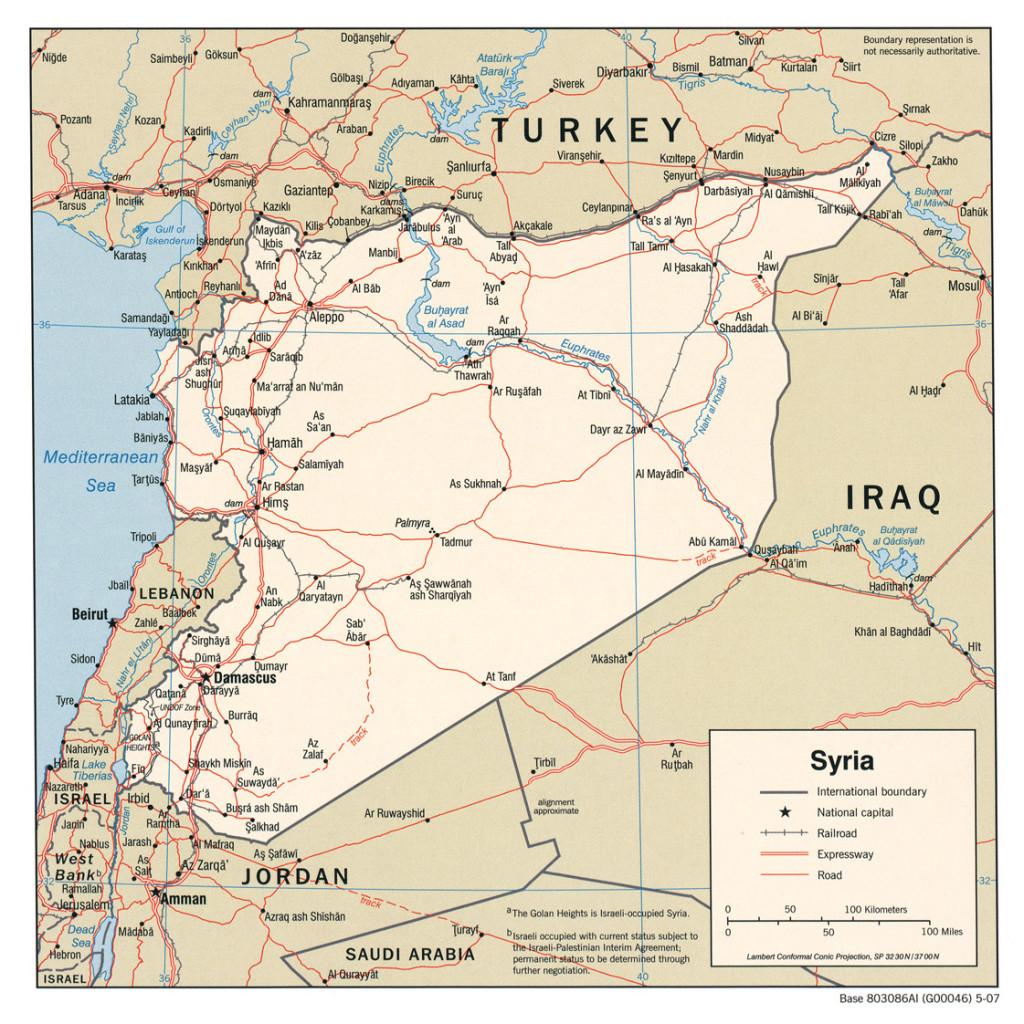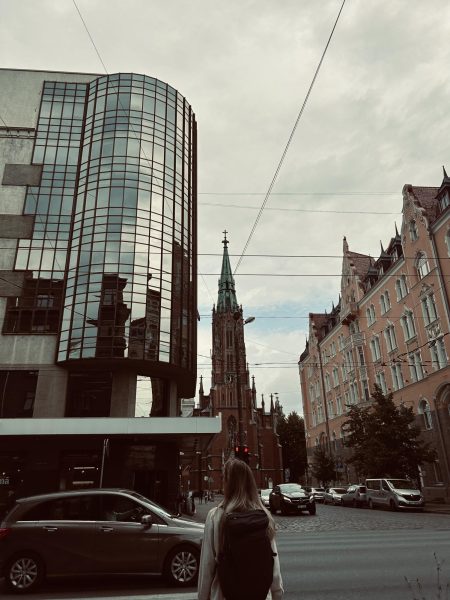The Syria Situation
In the heat of the Arab Spring, Syrians revolted against their leader, President Bashar al-Assad. Ever since then, the Free Syrian Army has been fighting the Syrian military in a brutal war.
On August 21, 2013, Sarin gas was allegedly used by Assad’s military in strikes against innocent civilians. The U.N. has long forbidden the use of such chemical weapons, and now the world is ablaze with what to do about it.
America of course lived up to its reputation as the world police, despite disapproval from the U.N. we still made plans to perform a military strike in an attempt to punish Assad and even topple his regime.
Personally, I think this was a terrible idea. We would have had no support besides the Syrian rebels, who aren’t exactly the type of people we want to help. They have been killing innocent people just like Assad, and they are now getting help from al-Queda. Giving them weapons will basically be giving weapons to al-Queda, and putting boots on the ground won’t go well if you expect American soldiers to work with the terrorists that caused 9/11. The only action left is to drop some bombs. I don’t think wasting our million dollar missiles on a fight where we don’t like either side is a good idea.
Russian President Vladimir Putin posted an article in the New York Times explaining his side of the story. He said that Americans shouldn’t consider themselves special, and he is getting support from many other countries around the world. No one thinks that we should act as the world police, and no one wants us to do anything about Syria, especially without a U.N. sanction. Even Great Britain won’t help us. A poll of British citizens showed that they were completely opposed to supporting our strike, even if it meant hurting relations with America.
President Putin put forth an interesting offer of peace for Syria. Basically, the plan outlines the relinquishing of Syria’s chemical weapons to the U.N. Syria’s chemical arsenal is likely the largest collection of these banned weapons that any country possess. While Syrian officials reacted positively to receiving the proposal, President al-Assad has yet to even admit that the chemical weapons were used. In the next week this proposal will probably have a final decision made on it.
There is, however unlikely, that the rebels were responsible for the chemical attacks. Sarin gas isn’t the most complicated gas, and doesn’t require advanced technology to produce. While the rebels seem capable enough to possible execute the strikes, all evidence so far points the blame at the military, and in turn al-Assad.
In the end, Syria is in a very odd position. While it is clear that many western nations are not happy that al-Assad is in power, the rebels aligning themselves with al-Queda made the already shaky supporters decide against fully supporting them. In a fight where most national powers have no dog, use of chemical weapons is the main concern, not the changing of powers. That’s why al-Assad’s friend Putin can offer this agreement to stop chemical attacks and not change the course of the civil war. The sticky situation in Syria will hopefully stop being such a worldwide issue soon, but that won’t change the fact that there is a war, even if the proposal is agreed upon.













